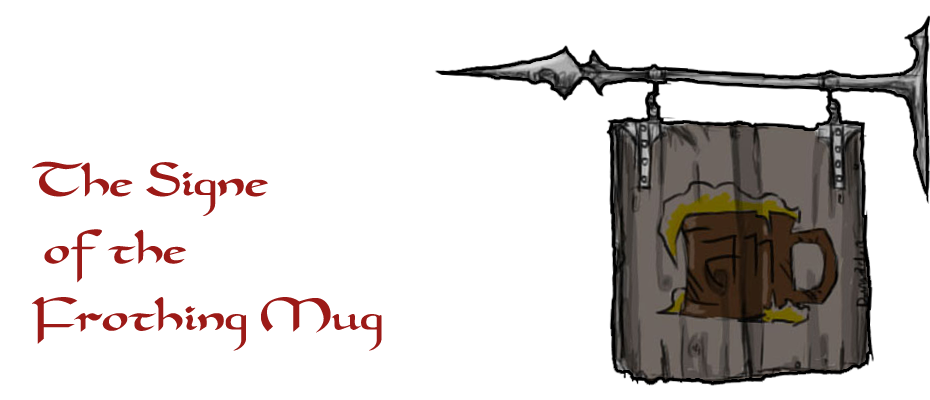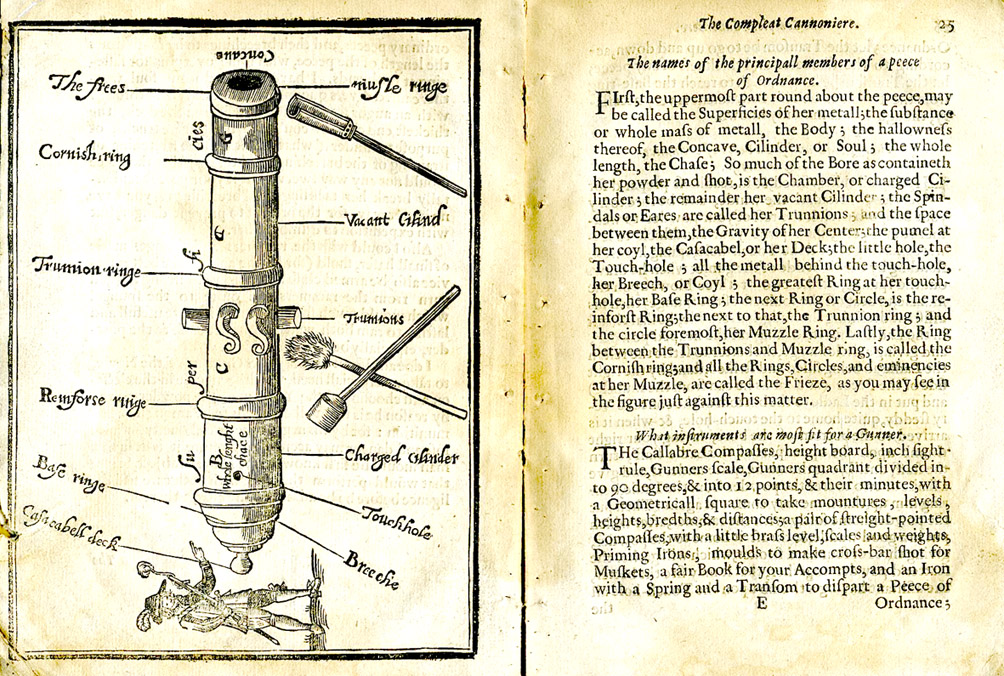There's a mania going around about balancing encounters. Its poisonous grip has slithered around 3.x and 4e alike, and I'm sure it will make it into 5e as well. We are told that encounters need to be fair, survivable, carefully crafted to allow players to use their resources but not difficult enough to kill them. This is a common thread in a lot of modern pen and paper games, presumably to give the Game Master some idea of around what the players can handle without having the floor totally mopped by their foes. However, I would argue that, like many modern pnp conceits, this is actually a result of the vague player's bill of rights that I have discussed on many occasions; namely, in this case, the right to have fair encounters.
Steve Winter mentioned this problem somewhat in his
discussion on dragons and on another secondary
discussion on encounters, but I'd like to take it in a slightly different direction and trace the benefits of both systems so that we can compare what each method does (fair vs. unfair) and leave the reader to choose for themselves which they prefer. Clearly, I'm going to be in the Winter camp as I agree with Steve on almost every subject; it was his notes in the 2e DMG that taught me how to be a DM, after all. That doesn't mean I can't attempt to list their perks semi-objectively, though.
Let's begin with the fair and balanced encounter. We all know this one, as it is in vogue right now. The fair encounter promises the illusion of threat, which is an important element in any roleplaying game. Perceiving danger is integral to the function of not only what we call "roleplaying games," but any game in which you engage in the role of a character; video games more commonly qualified as action games, etc. Perceiving a danger to your character is part of the fun!
By that same token, this could be a danger to your game. If the threat to your players is simply illusion (i.e., the encounters are so well balanced that only by a series of awful dice-rolls or idiotic tactics could they lose) they may realize this. Indeed, they may realize this just from being familiar with the system. The problem here is, of course, that once the players know that encounters are balanced and are not going to be too hard, they'll know there is a set solution. "If we just arrange our tactics a certain way," they say, "We can definitely win."
This turns combat from a risky endeavor into a puzzle. That's fine, if that's the game you're looking for, but I have never thought of D&D as primarily a puzzle-game. This reduces the adrenaline and fear of combat, ensuring that players are going to survive if only they find the correct solution to their problems. As long as the tactics they choose are the ones that are "correct," they will almost certainly be victorious.
I suppose this can be fun. Who am I to say it can't? That's not the way I want to play D&D though. This seems like a strange way to approach the game, which I see as a reflection of events truly occurring in the fantasy setting of your choice. That sounds insane, I know, but bear with me on this. Maybe I'll even write about it further in another article. Here it goes: perception, as far as I am concerned, is reality. Whatever I perceive is what is real. The seat of perception is generally relegated to the senses, but in the case of imagination we can pretend to sense things that we do not. If we collectively imagine a place, is it not then, in some sense, extant?
And with that fresh in mind, we can look at the other approach. Under this rubric, one does not decide whether or not the PCs can "handle" a fight; rather, whatever makes sense for the region and adventure is present. It matters little if the PCs are level one and fighting ogres, or if they are level 10 and fighting goblins in terms of balance. Balanced encounters, in this mode, are simply not even a question.
The reason for this, of course, is because unlike a video game wherein you must approach problems from a limited number of starting points, in a real pen and paper game you are not forced to approach
anything from a particular direction.
Let's take an example: Level 1 party is aware of a group of ogres they want to kill. In a video game, they would have to choose one of the developer approved approaches to getting rid of them. In that sense, the fight would most certainly be "unfair," since there might be one or two possible solutions to allow the party to overcome the ogres.
However, in a pen and paper game the level 1 party has an infinite variety of options. They could hire men to help them, trick the ogres into a narrow defile and rain boulders onto them, dupe them into fighting each other, bait some trolls to come down and destroy them, etc. The game is no longer about finding the
right solution, but rather about working with the information you have to solve problems using any tools that could potentially exists in the gameworld.
This is, in my mind, a truer expression of the benefits of pen and paper than the carefully tallied fights designed to waste your resources and make your dead heart feel alive.




